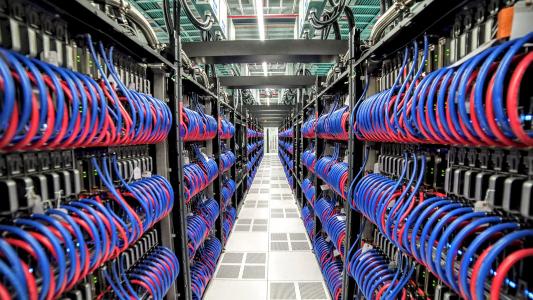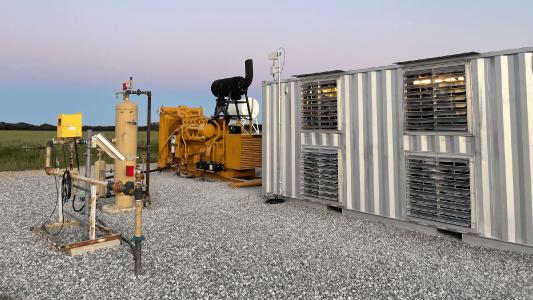Computer Science
How a volcanic eruption was forecast five months in advance
Researchers correctly forecast a volcanic eruption five months in advance by running a modeling program on a supercomputer.
US’s Frontier is the world’s first exascale supercomputer
The US Department of Energy’s Frontier system is the fastest supercomputer in the world and the first exascale computer ever.
Discovery of “impossible” superconductor promises 100x faster electronics
A device that gets electricity to flow through a superconductor in one direction without the use of magnets could revolutionize electronics.
Should we build high-speed public WiFi into street lights?
Better public WiFi networks could be created by broadcasting signals over the 60 GHz frequency band from transmitters attached to light poles.
A new kind of diamond will hold a billion Blu-Ray’s worth of data
Ultra-pure diamond wafers could be used for quantum memory in tomorrow’s ultra-powerful quantum computers.
How Ukraine has defended itself against cyberattacks – lessons for the US
Russian hackers stepped up their efforts against Ukraine in the run-up to the 2022 invasion, but with notably different results.
In a hole in Earth’s magnetic field, neuroscientists are peering into the human brain
By using quantum physics to measure magnetic fields, researchers are pushing closer to measuring the brain in ways we couldn't before.
Credit card-sized device focuses terahertz energy to generate high-resolution images
The advance may enable real-time imaging devices that are smaller, cheaper, and more robust than other systems.
How AI is shaping the cybersecurity arms race
Defending against cyberattacks increasingly means looking for patterns in large amounts of data – a task AI was made for.
Texas A&M grads use flare gas to mine $4M in Bitcoin
Two college grads earned four million dollars by mining the cryptocurrency with specialized shipping containers that use flare gas.









